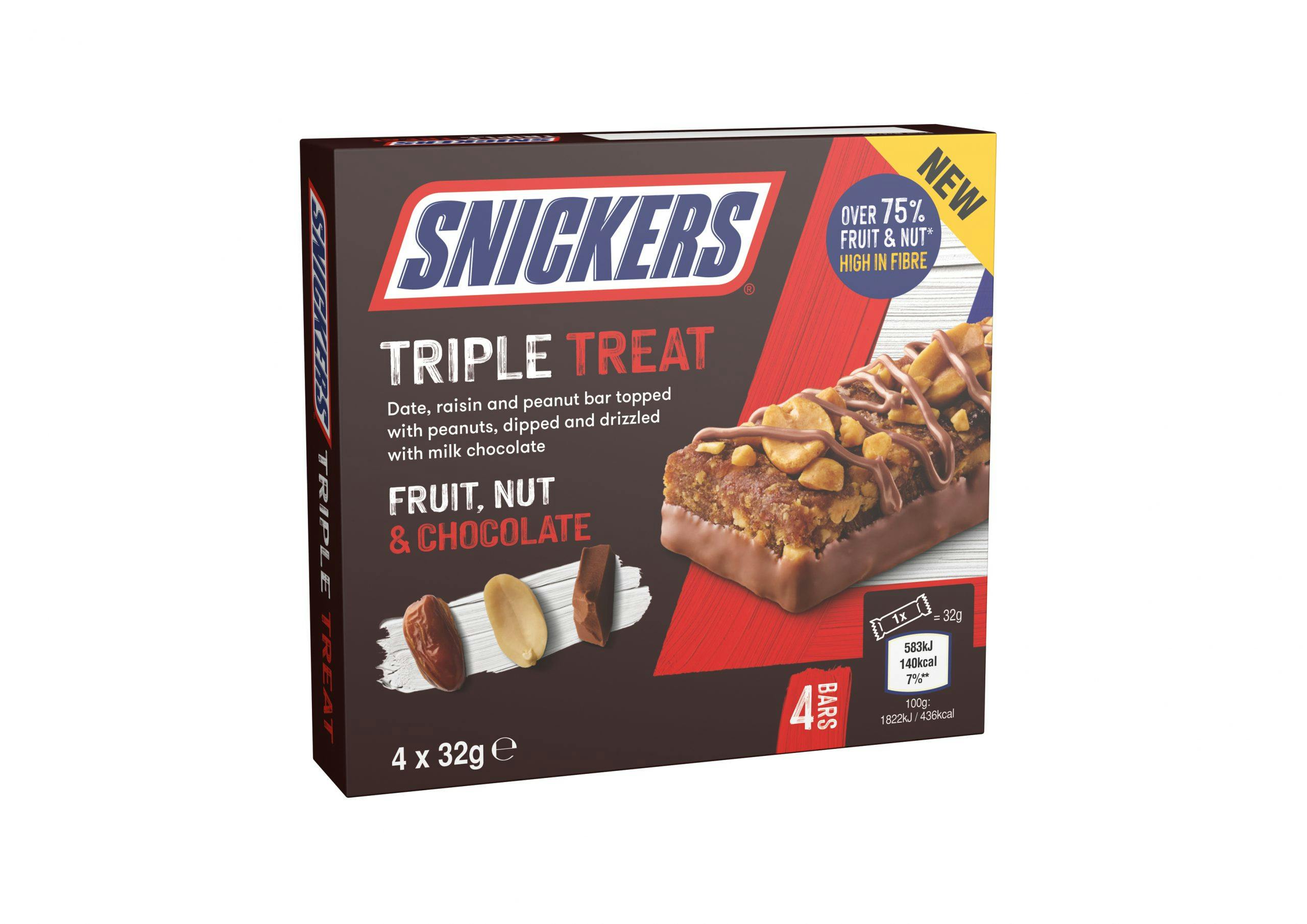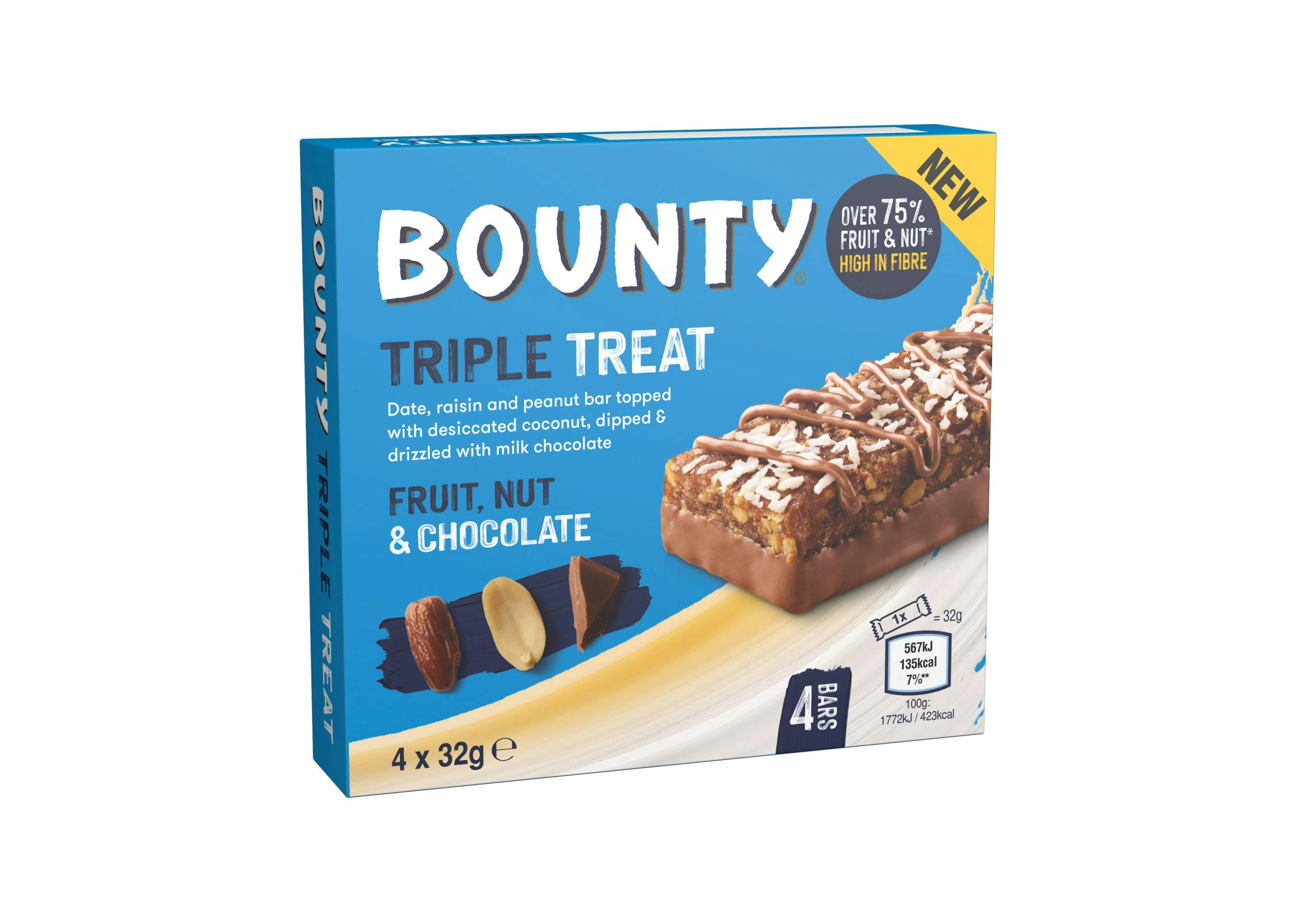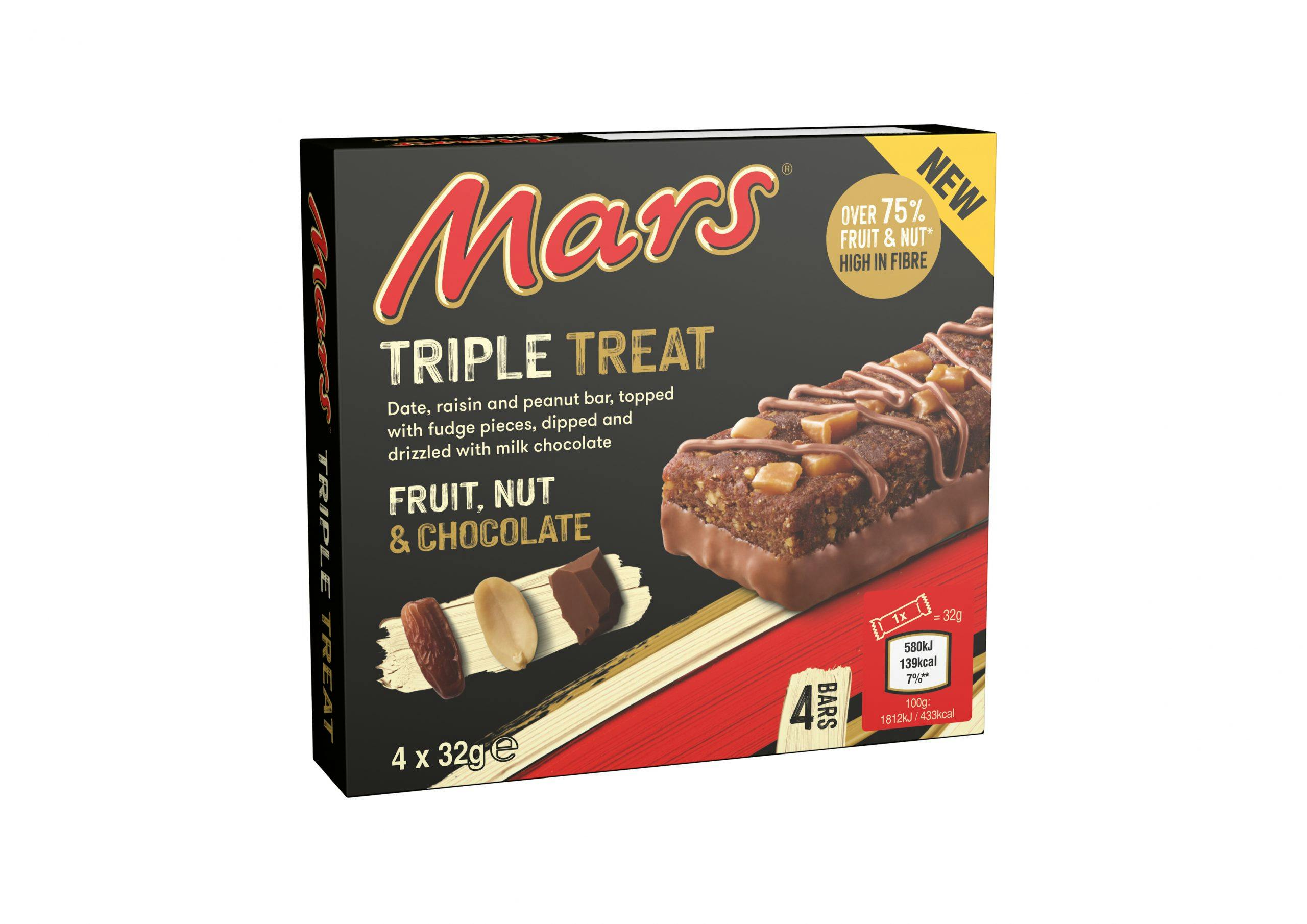Two for the price of one? Who can resist?
Consumers in England and Wales will soon be forced to resist, at least to some degree, with new legislation around food merchandising, starting in the coming months. The new rules will affect foods high in fat, salt, or sugar (HFSS) and are designed to thrust them less under the eye of shoppers and to not proffer them through special offers.
However, part of the new regulations have recently been pushed back. Here’s what we can expect to see:
October 2022: Retailers will no longer be allowed to place non-compliant foods (HFSS foods) in the most prominent places in their stores — such as endcaps and at checkouts — to boost sales. Small stores and specialty stores are exempt.

January 2024: It’s anticipated that retailers will no longer be allowed to offer Buy One, Get One offers and multi-buy deals on HFSS products. Commercials of these products will also be banned before 9 p.m. on TV; there will be a complete ban of paid-for advertisements for HFSS products online.
“This has the potential to be quite impactful given that products are put in those places for their sales impact,” says James Anstead, MD, European Retail Equity Research with Barclays, London, “and it’s hard to believe there wouldn’t be some kind of negative impact.”
Affected product categories

The product categories that will be most affected by the new regulations, in addition to chips, sweets, and breakfast cereals, include drinks, ice cream, dairy desserts, and sandwiches, says Mark Wijne, research director at the Access to Nutrition Initiative, in Utrecht in the Netherlands. Each item will be assessed using a ‘Nutrient Profile Score,’ and will receive negative points for calorie density, saturated fat, sugar, sodium, and positive points for protein, fiber, fruit, vegetables, and nuts.
The rules, Wijne says, “are a necessary step toward helping to create a food environment that is more conducive to helping consumers make healthier choices.”
Affecting manufacturers
The fallout from this, Anstead believes, will be manufacturers reformulating products to contain less fat, salt, and sugar.
In fact, this is already happening. Mars U.K. has introduced a new HFSS-compliant Triple Treat line; Weetabix has teamed up with Lyle’s Golden Syrup to launch a new HFSS-compliant cereal.
And hopefully, says Wijne, “this will also lead to manufacturers spending more of their marketing budgets on healthier products and variants.”
Some manufacturers, however, may challenge the upcoming regulations: Kellogg’s has already sued the U.K. government regarding the HFSS restrictions — and lost its court case.
The fallout
Endcaps are an excellent merchandising location for supermarkets and will still be used to boost sales. “It will be surprising if those end of aisles turned ultra-healthy,” says Anstead, who thinks instead, they might contain items not subject to the regulations, though aren’t exactly healthy — which fall just on the right side of the ‘Nutrient Profiling’ calculations. He adds, that endcaps are a great spot for products that are exempt from the restrictions, including all products made in-store, and loose products, such as Krispy Kreme doughnuts.
What we’re not going to see on endcaps, Anstead says, is products consumers need to buy: Toilet paper, milk, etc.
And Wijne believes consumers will still indulge in buying less-healthy products, “but they will have fewer incentives to buy more than they intended or actually need.”
Global incentives
The results of the HFSS regulation could be further-reaching than Great Britain.
“Hopefully, these examples will help the EU shift from leaving this to self-regulatory bodies toward asking governments to start regulating the marketing of unhealthier food products,” Wijne says.
“A lot of other countries around the world will be watching to see what the results of this are,” Anstead points out. “This isn’t going to solve obesity in one go; but compared to options like banning particular food products outright or adding taxes, this seems like a relatively benign way of helping people make better choices.”
Want to take a closer look at EU versus U.S. food standards? Click here.
Food and beverage import difficulties
It’s also going to make it more difficult for foreign suppliers to get traction in the U.K., if their products are high in fat, salt, or sugar and are new to the market. “It might be a bit harder to buy your way in than in the past,” Anstead explains.
However, he adds, “if you have an established brand name, it may be that people will continue to seek out your products.” Costs may even decrease for established brands, who are no longer allowed to pay more money to provide the same support for promotions on endcaps as in the past, he points out.
At the end of the day, Anstead expects the new regulations to make a difference: “This involves a big commitment of time and money for the supermarkets to comply with, so it would be disappointing if there’s not some sort of impact.”
Do you follow us on TikTok yet? Get insight into unique trends, trade shows, best practices, and so much more!




